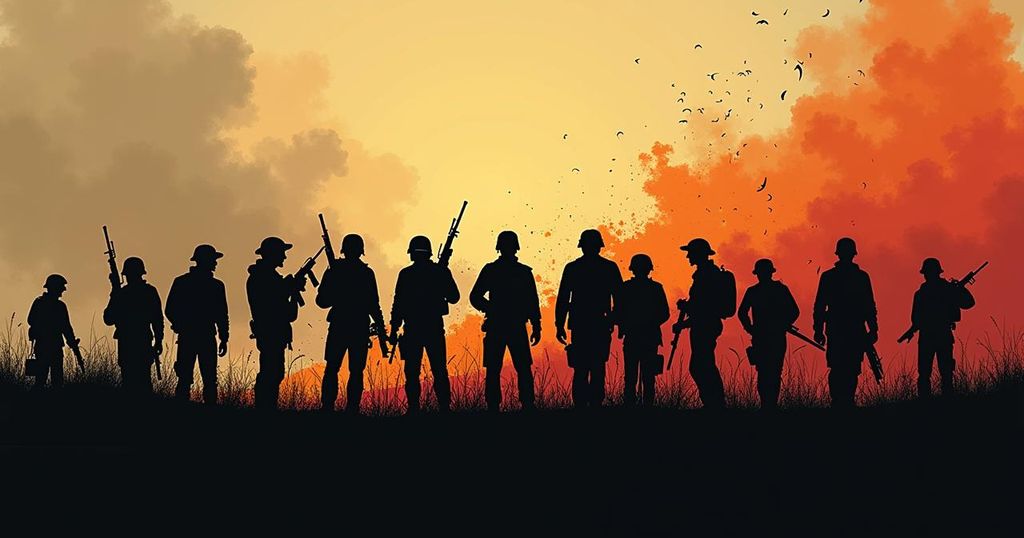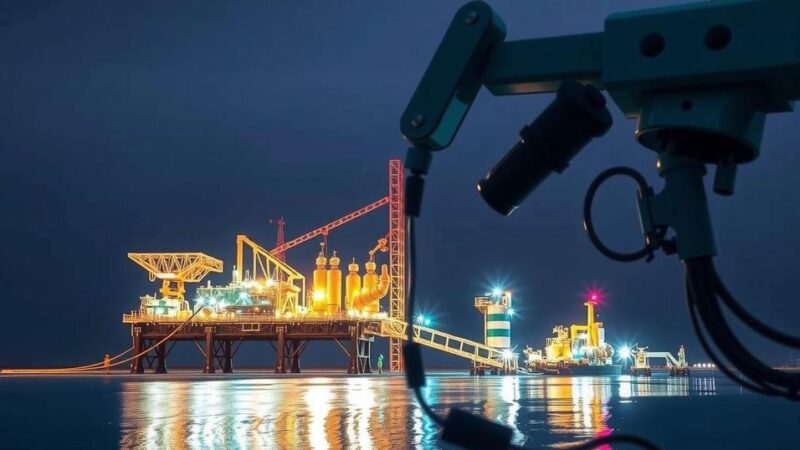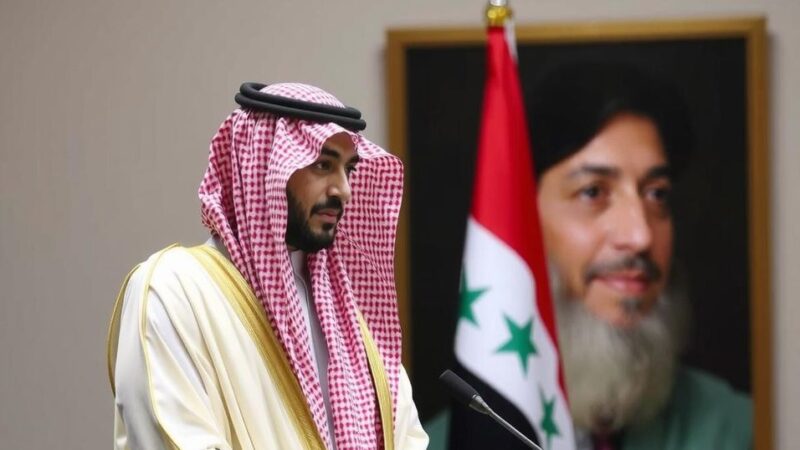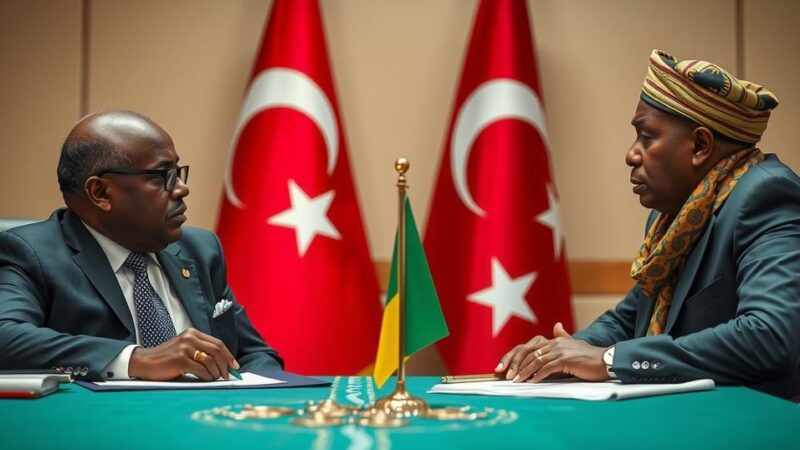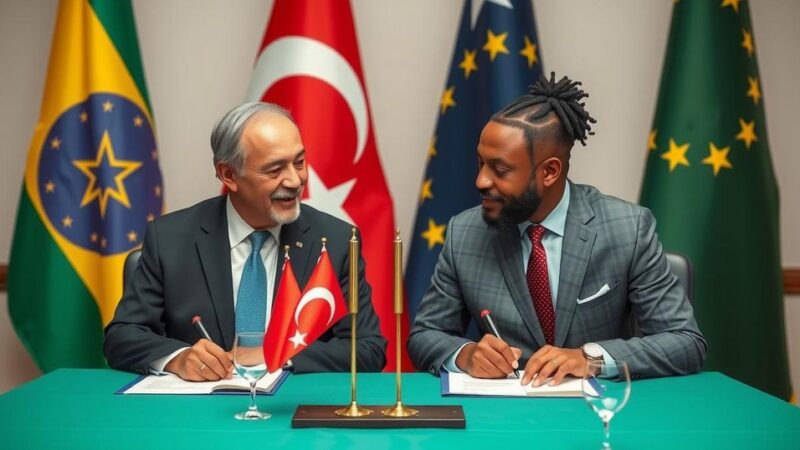The Wagner Group has initiated an armed rebellion against Russia’s military, claiming to have captured key military installations and downed helicopters. Led by Yevgeny Prigozhin, the group accuses the Russian defense ministry of providing insufficient support in Ukraine, escalating tensions amid ongoing conflict. Analysts suggest that if Wagner withdraws from combat, it could signify an end to this phase of Russia’s offensive actions in Ukraine, with potentially significant implications for both the military situation and Russian political stability.
The Wagner Group, a private military organization led by Yevgeny Prigozhin, has launched an armed rebellion against Russia’s military leadership. This unprecedented uprising comes as the group accuses the Russian defense ministry of inadequate support, including the alleged withholding of ammunition which has significantly hampered their operations in Ukraine. Prigozhin has claimed that Wagner forces captured military headquarters in two cities and downed three Russian helicopters, escalating tensions within Russia amid ongoing conflict in Ukraine and international pressures on the Kremlin. Historically, the tension between Wagner and the Russian government has been bubbling beneath the surface. Recently, Defense Minister Sergei Shoigu partnered with President Vladimir Putin to enforce regulations that would require all mercenaries, including those in the Wagner Group, to formalize their status with the ministry. Such measures were perceived as a direct threat to Prigozhin’s authority and influence. Moreover, Prigozhin has accused the defense ministry of launching missile attacks on Wagner positions, questioning the loyalty and management of the Russian military. He stated, “These are someone’s fathers and someone’s sons,” reflecting on the human cost of this conflict and the resources he believes are unfairly being withheld. He expressed frustration over the lack of ammunition and described the dire consequences faced by his forces as they struggle to maintain their position against overwhelming enemy resources. Amid this turmoil, Prigozhin has threatened to withdraw Wagner troops from critical locations like Bakhmut, a city they have fought vehemently to control for over 200 days. Some analysts warn that if Wagner were to significantly withdraw from these engagements, it could denote a critical halt to the current phase of the Russian offensive in Ukraine. Yohann Michel from the International Institute for Strategic Studies remarked on the potential impact stating that removing Wagner from combat could signal the end of this phase of offensive actions unless Russia has undisclosed reserves. The rebellion has seen Wagner forces move toward Moscow, with regional governors reporting the group’s activities. During this descent, Prigozhin has condemned President Putin, undermining the security infrastructure that has supported the Russian military. As these events unfold, the implications of the Wagner Group’s rebellion could signal more significant shifts in the conflict in Ukraine and signal pressures within Russian leadership itself.
The Wagner Group has operated as a private military contractor with ties to the Russian state, often engaging in conflicts where Russian troops are officially not present. The group has been instrumental in several battles in Ukraine, notably in the strategic city of Bakhmut. The rifts between Prigozhin’s leadership and the Kremlin have been exacerbated by recent calls for greater regulation of mercenaries, leading to rising tensions. As Ukraine continues its counteroffensive, the internal conflict within Russia represents a significant point of instability, potentially affecting the broader war effort in Ukraine and the balance of power within the Russian government.
In conclusion, the Wagner Group’s recent rebellion against Russia’s military leadership introduces a profound level of uncertainty amidst the ongoing Ukraine conflict. As Yevgeny Prigozhin challenges the Russian establishment, the potential for a shift in military dynamics and strategy becomes increasingly pronounced. The outcomes of this internal strife could not only impact Russia’s operational capabilities in Ukraine but may also reshape the political landscape within Russia, depending on the reactivity of its military and government institutions.
Original Source: www.livemint.com

